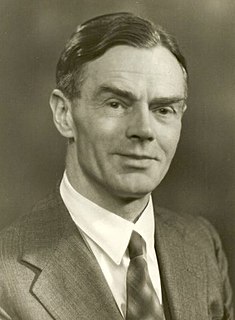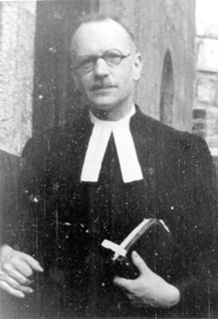A Quote by Johan Huizinga
Every work of history constructs contexts and designs, forms in which past reality can be comprehended. History creates comprehensibility primarily by arranging facts meaningfully and only in a very limited sense by establishing strict causal connections.
Related Quotes
No doubt Carlyle has a propensity to exaggerate the heroic in history, that is, he creates you an ideal hero rather than another thing.... Yet what were history if he did not exaggerate it? How comes it that history never has to wait for facts, but for a man to write it? The ages may go on forgetting the facts never so long, he can remember two for every one forgotten. The musty records of history, like the catacombs, contain the perishable remains, but only in the breast of genius are embalmed the souls of heroes.
What initially attracted me to The Seventh Seal was that it had values and characteristics which I was familiar with in other art forms, most notably, the European novel and certain forms on English drama, and indeed, in relation to my rather academic interest in history -- not "history" in the normal sense, but history as a form of entertainment . It might be a very unfashionable view but I believe that history is an amazing bank or reserve area of plots, characterisations, extraordinary events, etc.
Beyond institutional amnesia, a rejection of causal analysis is the existential rock on which American Exceptionalism sits. The United States unique sense of itself depends on an ambiguous relationship to the past. History is affirmed, since it is America's unprecedented historical success that justifies the exceptionalism.
Of course, in the reality of history, the Machiavellian view which glorifies the principle of violence has been able to dominate.Not the compromising conciliatory politics of humaneness, not the Erasmian, but rather the politics of vested power which firmly exploits every opportunity, politics in the sense of the "Principe," has determined the development of European history ever since.
Our world is not an optimal place, fine tuned by omnipotent forces of selection. It is a quirky mass of imperfections, working well enough (often admirably); a jury-rigged set of adaptations built of curious parts made available by past histories in different contexts. A world optimally adapted to current environments is a world without history, and a world without history might have been created as we find it. History matters; it confounds perfection and proves that current life transformed its own past.
In astronomy, the law of gravitation is plainly better worth knowing than the position of a particular planet on a particular night, or even on every night throughout a year. There are in the law a splendour and simplicity and sense of mastery which illuminate a mass of otherwise uninteresting details. But in history the matter is far otherwise. Historical facts, many of them, have an intrinsic value, a profound interest on their own account, which makes them worthy of study, quite apart from any possibility of linking them together by means of causal laws.
On the subject of the history of the American Revolution, you ask who shall write it? Who can write it? And who will ever be able to write it? Nobody, except merely its external facts... all its councils, designs and discussions having been conducted by Congress [behind] closed doors - and no members, as far as I know, having even made notes of them. These, which are the life and soul of history, must forever be unknown.







































